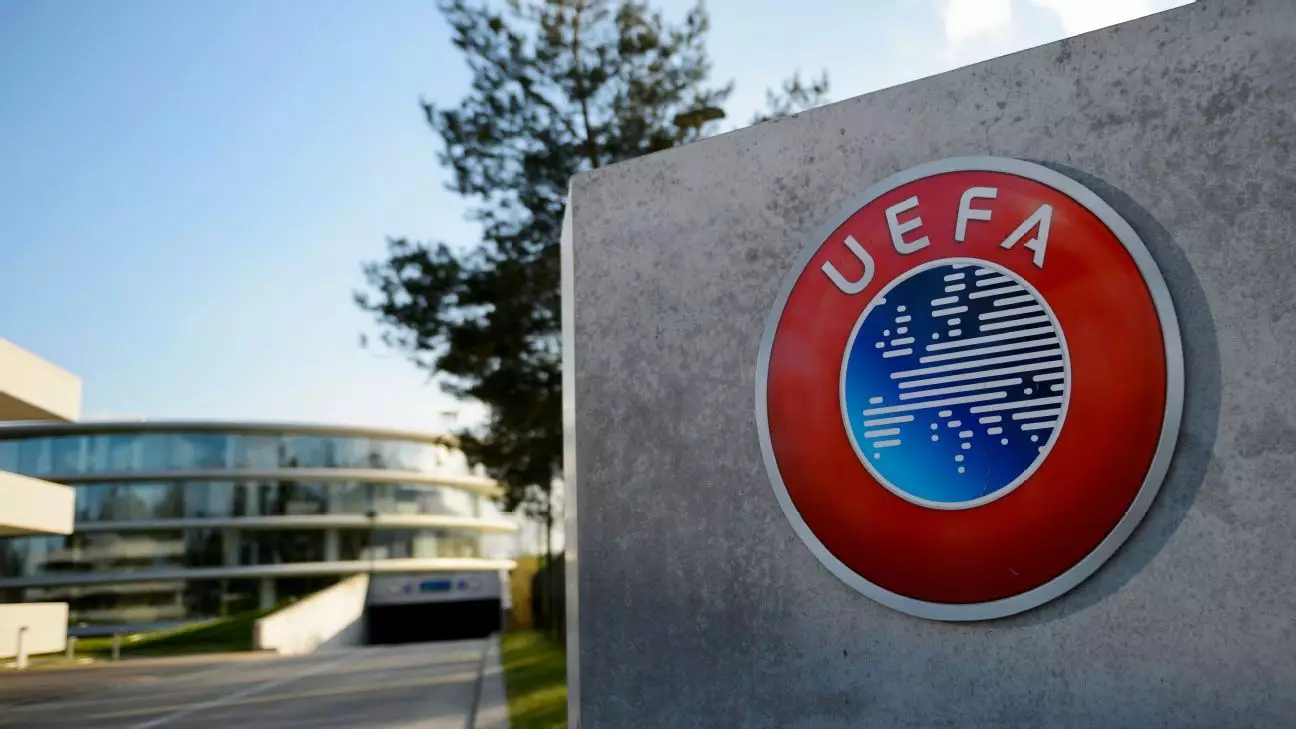Recently, the European football landscape has been rocked by the announcement of a new initiative dubbed the Unify League. This ambitious project is a rebranding of the controversial European Super League (ESL) concept, which stirred outrage among fans, stakeholders, and footballing bodies in 2021. Unlike the original ESL, which promised a guaranteed spot for 12 major clubs, A22’s proposal claims to embrace a merit-based system featuring 96 clubs divided into four leagues. Yet, the European Leagues organization, representing 39 leagues and over 1,130 clubs across 33 countries, has announced that it was not consulted about this new league. This situation raises important questions about the future of club competitions in Europe.
A22, the company behind the Unify League, argues that this new format would enhance competitiveness and offer football fans a fresh viewing experience, complete with free streaming on an ad-supported platform. However, this ambitious development lacks clarity, especially concerning its timing and how it would accommodate the existing fixtures and schedules of domestic leagues. The European Leagues have expressed skepticism about the feasibility of the proposal, particularly noting that the introduction of more international fixtures could exacerbate the already congested match calendar. This concern is particularly pertinent for players, who would likely face increased fatigue and a greater risk of injury if their schedules become even more demanding.
The European Leagues have articulated a united front in rejecting the Unify League concept while emphasizing their commitment to the existing qualification process for UEFA competitions, which is based on performance in domestic leagues. By taking this stance, they underscore the importance of preserving the historical integrity of local competitions, which have been the bedrock of club football for generations. Football fans and stakeholders alike have made it abundantly clear that there is little appetite for a new international league that aims to overshadow existing domestic tournaments. The backlash following the original ESL serves as a stark reminder that fan sentiment plays a critical role in shaping the future of football.
As the debate over the Unify League heats up, the most pressing issue remains the need for dialogue among the various stakeholders in European football. Collaboration must be prioritized over competition to ensure the growth of the sport. The potential for elite clubs to indulge in self-serving initiatives that jeopardize the future of local football requires a critical reassessment of the broader implications of these new leagues. While A22 envisions a more competitive environment through its proposed model, it must first address the concerns raised by leagues, clubs, and fans before any groundwork can be laid.
The European football community stands at a crossroads, faced with both opportunities and challenges. The reaction from the European Leagues to the proposal of the Unify League emphasizes the importance of maintaining a balance between innovation and tradition. As discussions evolve, it is crucial for all parties to engage constructively—reflecting on what truly benefits the beautiful game. A solution that harmonizes competitive integrity, fan involvement, and the economic realities of football must be sought, steering the sport toward a more inclusive and sustainable future.


Leave a Reply